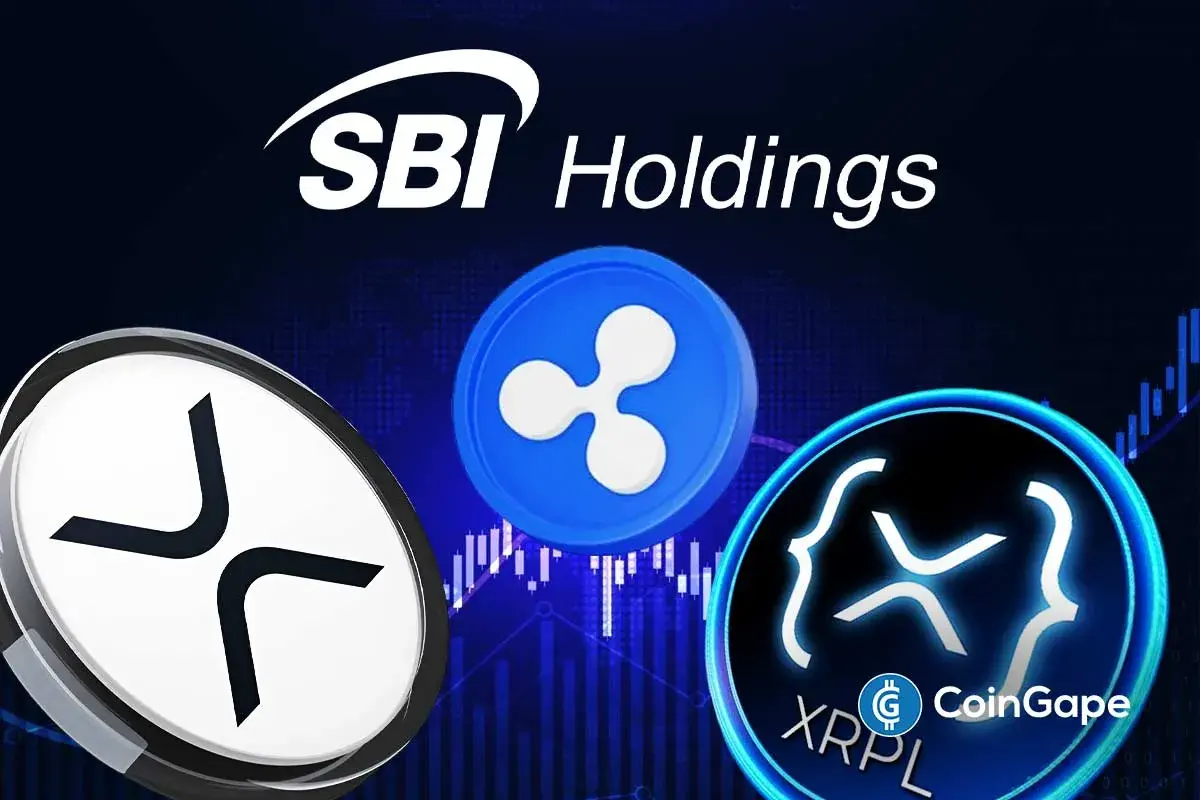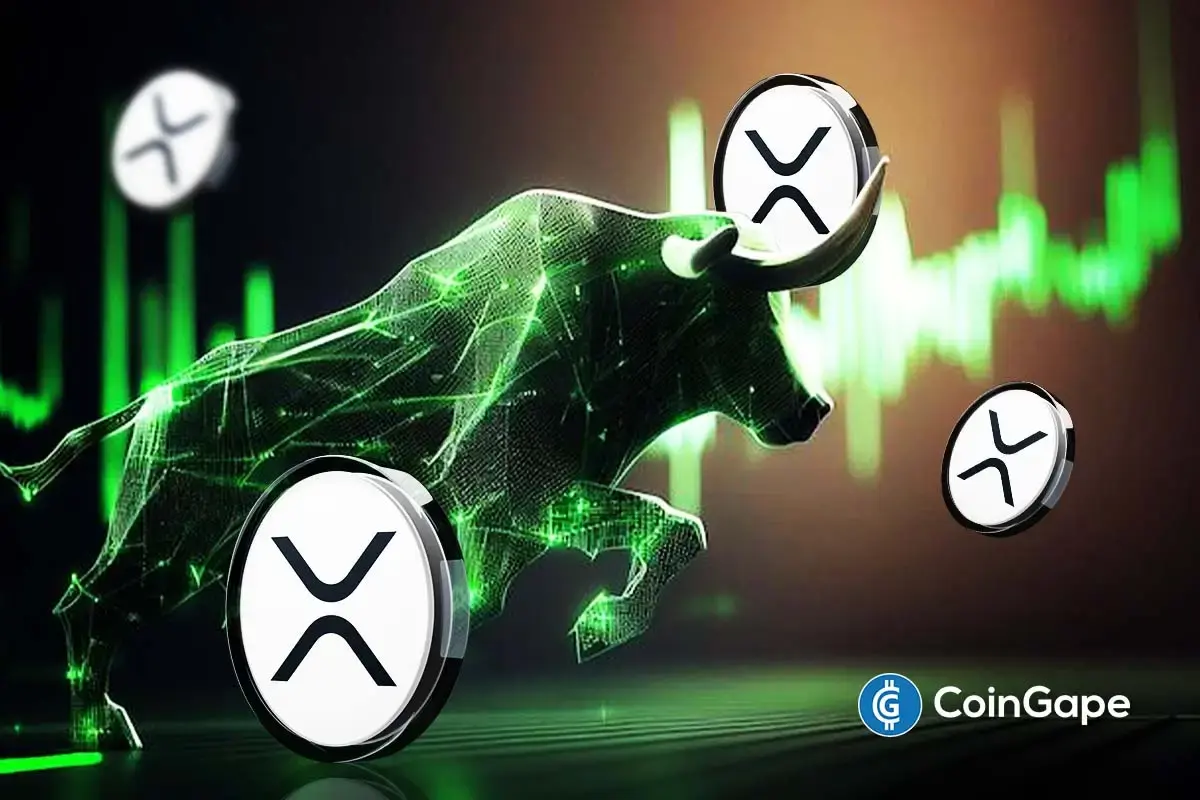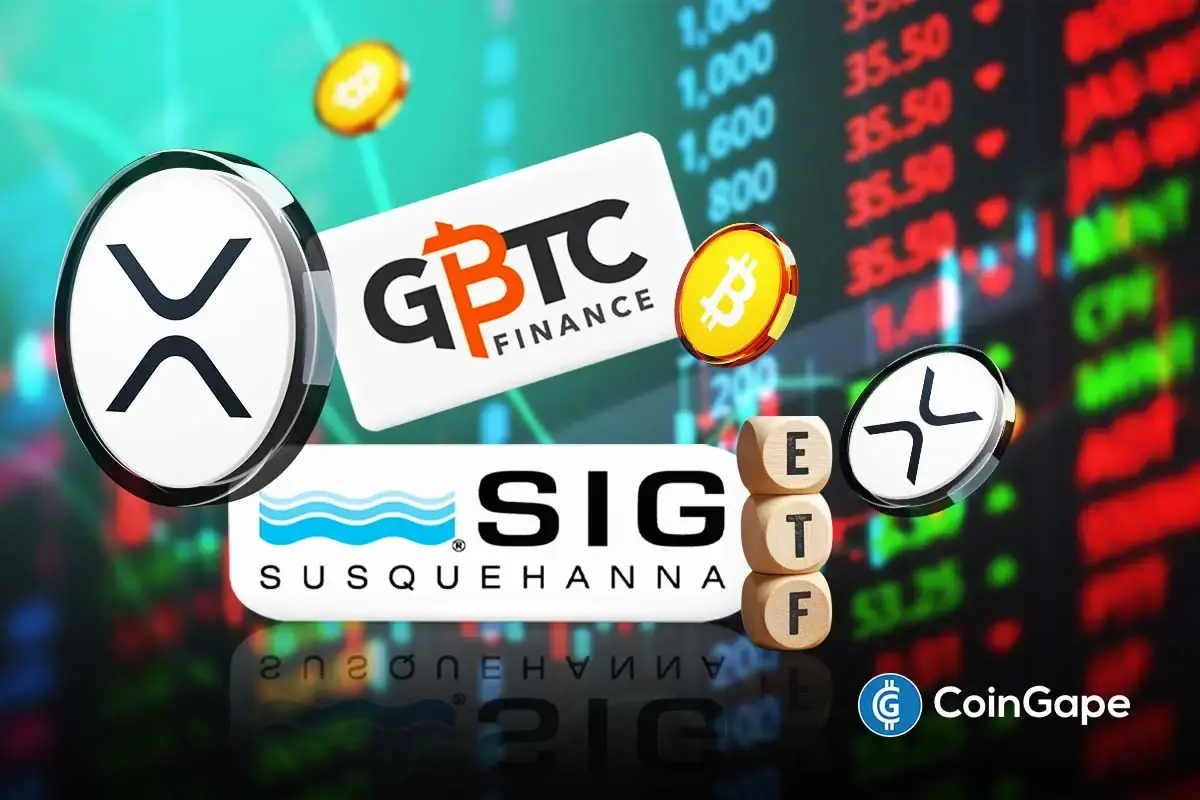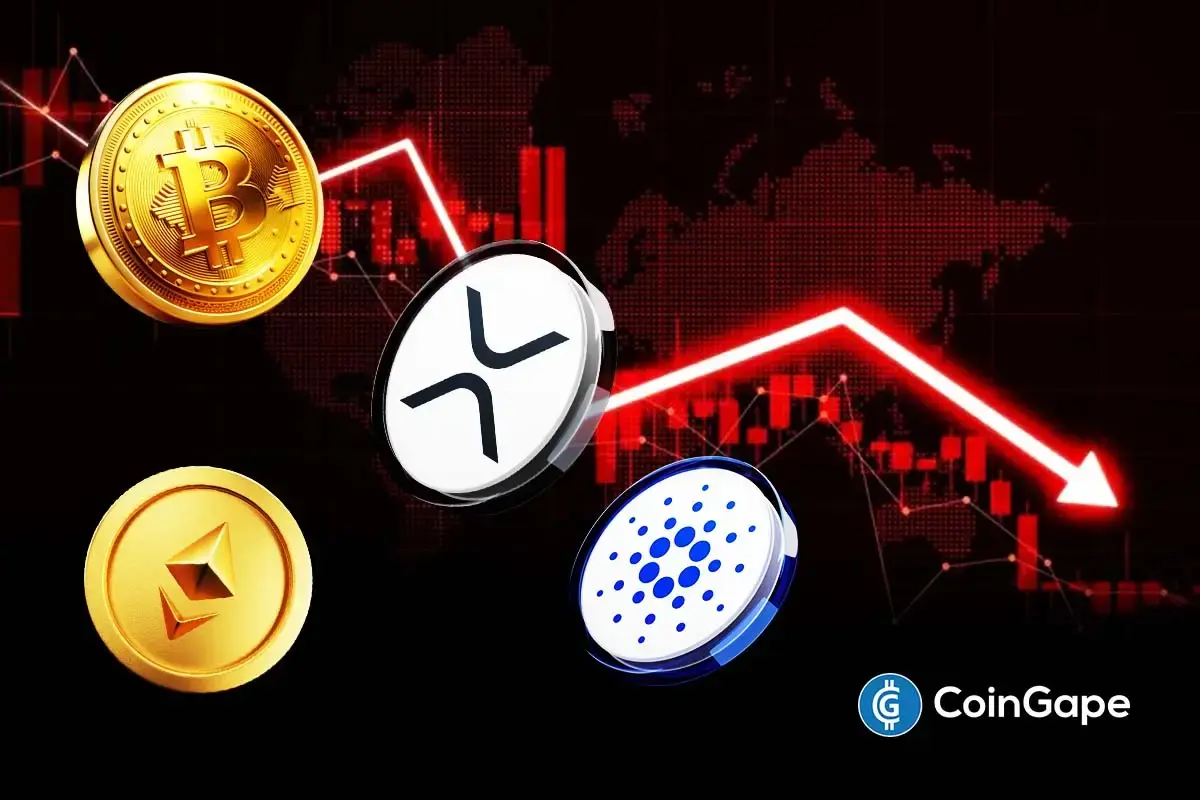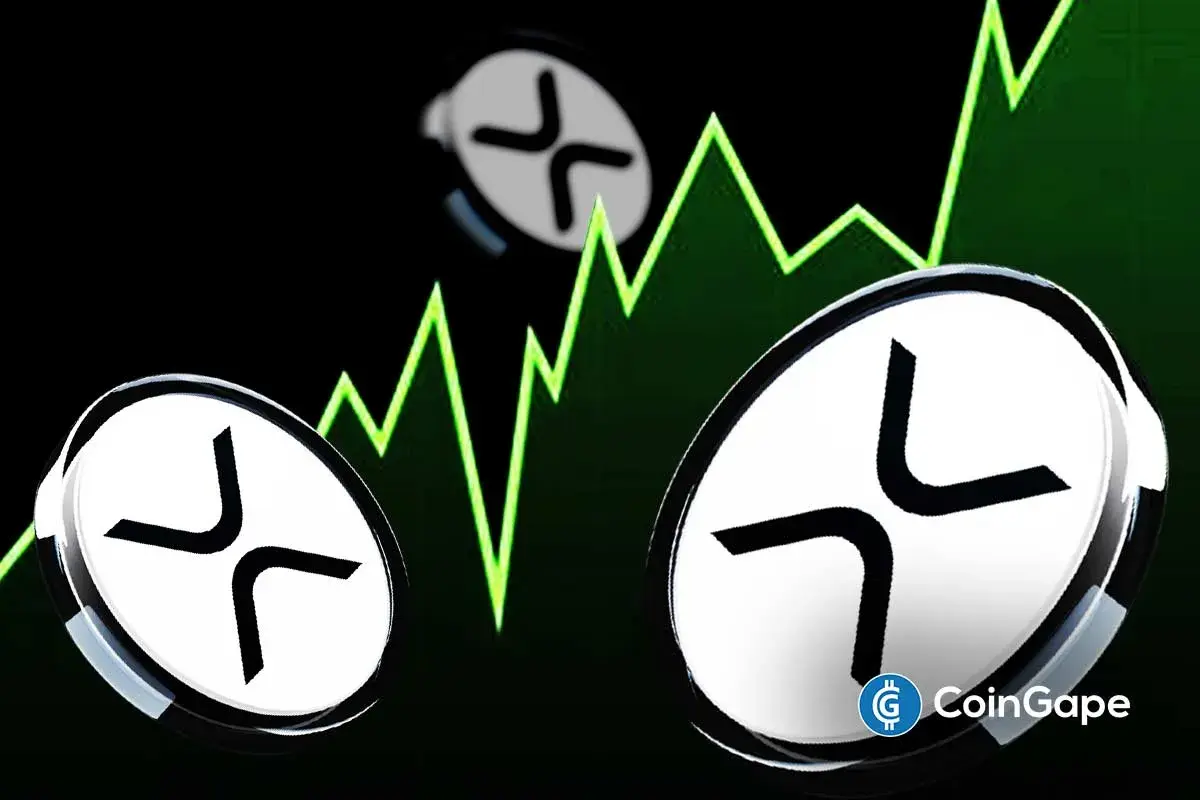XRP SEC Lawsuit Update: Is Ripple Prepared For Torres Decision in Remedies Phase?

Highlights
- Judge Torres' final judgment in the remedies phase likely to come in 2024 Q3.
- The FIT21 crypto bill will have huge impact on Ripple lawsuit, as well Binance and Coinbase lawsuits.
- The SEC can win permanent injunction against Ripple's XRP ODL transactions.
- XRP price will continue to move in range-bound.
XRP SEC Lawsuit: The U.S. Securities and Exchange Commission (SEC) and Ripple Labs have presented their arguments in the remedies phase. The disputes related to sealing some details about Ripple’s financial results and post-complaint XRP sales to institutional investors.
The plaintiff, defendant, and third parties waiting for Judge Torres’ final judgment in the remedies phase, likely after the decision on the motion to seal. XRP lawsuit experts believe the judgment could come much earlier, most likely in 2024 Q3.
Ripple Vs SEC Lawsuit And Crypto Bill
The U.S. House of Representatives voted on the Financial Innovation and Technology for the 21st Century Act (FIT21), the first step towards a regulatory framework for trading and issuance of digital assets. It will provide clarity on the crypto market structure and define jurisdictions of the CFTC and SEC to regulate the crypto industry in the United States.
If the crypto bill becomes law, it will impact Coinbase, Binance, and other lawsuits. This crypto law could also have some impact on the XRP lawsuit as congresspeople affirmed that July 2023 Judge Torres’ summary judgment did have a significant impact on the design of the crypto bill.
Interestingly, a section in the crypto bill is similar to what Judge Torres ruled that XRP is not itself a security. The bill crypto excludes claims that an investment contract asset is a security. “A digital asset sold or transferred or intended to be sold or transferred pursuant to an investment contract is not and does not become a security as a result of being sold or otherwise transferred pursuant to that investment contract,” it reads.
In response to a buzz that XRP would not be considered decentralized, lawyer Bill Morgan said “The legislation is not retrospective.” The court has already found XRP in itself is not a security. Also, the SEC had made it clear that they are not going to challenge the judgment. “The legislation will not change that,” he added.
Also Read: XRP Lawyer Spotlights Judge Torres ‘Influence’ On FIT21
Ripple Ready for Judge Torres’ Judgment
As reported by CoinGape, the US SEC opposed Ripple’s motion to seal evidence from the public. The SEC claimed that Ripple’s redaction requests would hide public information key to the court’s decisions in the remedies phase and understanding of the public to penalties amount. The details include amount of Ripple’s current assets (relevant to penalty amount), amount of recent sales (injunctive relief and penalties), revenues & expenses (disgorgement), and the size of discounts to some institutional investors (investor harm).
Meanwhile, the SEC seeks $2 billion in total fines and a final judgment, while Ripple asserts the company is only liable to pay civil penalties of not exceeding $10 million. Notably, courts have never accepted the amount first requested by a party, and the actual amount would be much lower.
That is correct. I think that Ripple’s current ODL sales arrangements assume a permanent injunction may be granted. A plan for the worst scenario. That arrangement which does not use XRP in US ODL transactions would probably also work around FIT21 if it is passed.
— bill morgan (@Belisarius2020) May 23, 2024
Bill Morgan believes Ripple will largely lose the motion to seal. He further added that the SEC clarified that none of the sales to institutions with discounts were ODL contracts, but the agency still seeks a permanent injunction to stop ODL sales.
The judge can grant a permanent injunction based on the current situation as the U.S. ODL transactions don’t use XRP, which might also work around the FIT21 if the law is passed. It’s worth noting that the FIT21 crypto bill gained significant favor in U.S. House voting. The bill mandates that digital assets sold under an investment contract do not necessarily classify the asset as a security just because it is transferred within a part of that contract.
Also Read: Bitcoin Price Hits $69,000; Will It Break $75,000 Soon?
- Third Spot SUI ETF Goes Live as 21Shares Fund Launches on Nasdaq
- Mark Zuckerberg’s Meta Reportedly Eyes Stablecoin Integration This Year Amid Regulatory Clarity
- Coinbase Rivals Robinhood As It Rolls Out Stocks, ETFs Trading In ‘Everything Exchange’ Push
- UAE’s Second Largest Bank Eyes Bitcoin Allocation, Backs Tokenization
- Crypto Group Proposes Tax Rules To Boost Innovation As CLARITY Act Talks Progress
- Pi Network Price Eyes a 30% Jump as Migrations Jumps to 16M
- Will Ethereum Price Dip to $1,500 as Vitalik Buterin Continues Selling ETH?
- XRP Price Outlook as Clarity Act Passage Odds Plunge to 53%
- COIN Stock Risks Crashing to $100 as Odds of US Striking Iran Jump
- MSTR Stock Price Predictions As Michael Saylor’s Strategy Makes 100th BTC Purchase
- Top 3 Meme Coins Price Prediction As BTC Crashes Below $67k

 Claim Card
Claim Card





